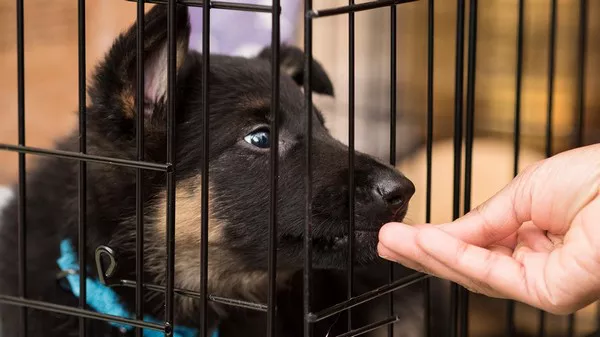A recent exposé has ignited a firestorm of controversy on mainland social media platforms, shedding light on a pet shop adoption racket that has stirred outrage among feline enthusiasts. The scheme, masquerading as “free cat adoption,” has drawn individuals seeking to experience the joys of pet ownership without the hefty price tag typically associated with pure-breed cats.
The allure of acquiring a furry companion without a significant upfront investment seemed like an ideal proposition for many prospective pet owners. However, what appeared to be a benevolent initiative aimed at finding loving homes for animals has revealed itself to be a profit-driven ploy orchestrated by unscrupulous individuals within the pet industry.
Operating under the guise of “free adoptions,” pet shops in various locations, including one in Guangzhou, Guangdong province, have implemented dubious tactics to extract substantial financial commitments from adopters. Each animal comes with a price tag denoting the amount that must be spent within the store as a prerequisite for adoption. Adopters are coerced into entering into long-term contracts mandating monthly expenditures on pet products from the shop’s online store.
For instance, the adoption of a Blue Cat from one such establishment entails a monthly financial obligation of 500 yuan (US$70) over two years, totaling a staggering 12,000 yuan (US$1,700) – a significantly higher cost compared to conventional purchase methods.
In defense of the controversial “instalment plan,” a staff member at the pet store cited concerns about preventing animal mistreatment or abandonment post-adoption. However, the exorbitant prices of pet products sold through the shop’s online platform, coupled with contractual clauses prohibiting termination in the event of the pet’s demise or loss within the designated period, have raised eyebrows and drawn sharp criticism from the public.
Reports have emerged of adopters being saddled with ongoing financial obligations for deceased pets, further exacerbating the unethical nature of the scheme. Moreover, concerns over the health of the animals provided through these channels have surfaced, with numerous customers reporting instances of adopting pets afflicted with diseases.
Public outcry on mainland social media platforms has been swift and vociferous, with many condemning the purportedly “free” adoption scheme as a deceptive sales tactic rather than a genuine charitable endeavor. Critics have highlighted the absence of authentic safeguards for animal welfare and advocated for more transparent adoption processes that prioritize the well-being of pets.
As the controversy continues to unfold, it underscores the need for greater scrutiny and regulation within the pet industry to safeguard both animals and consumers from exploitation and deception.


























